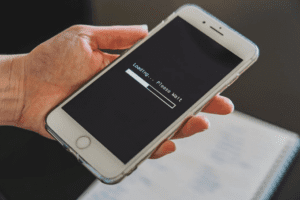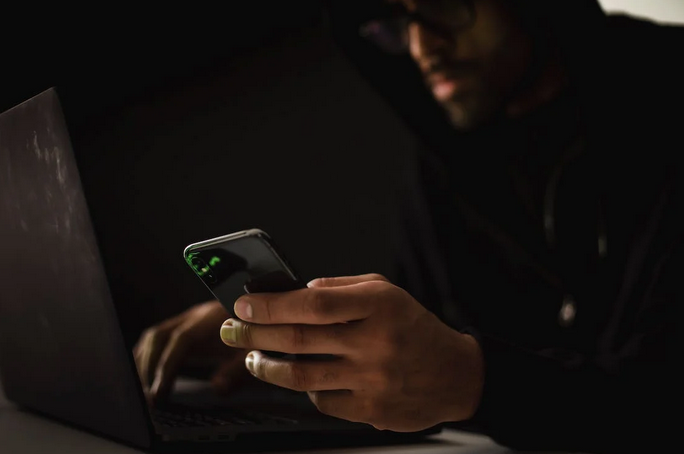Picture this: you’re at your favorite coffee shop, sipping on a latte, and checking your email. You notice there’s public wifi available, and without hesitation, connect to it. But did you know that connecting to a public wifi network could put you at risk for device hacking, location tracking, and viruses? Aside from laptops, people also connect their phones to a public wifi. It is known that many people have been involved in phone scams. If you want to prevent this from happening to you, consider using a free phone number lookup. In this blog post, we’ll dive into the risks of connecting to public wifi networks and what steps you can take to protect yourself. So grab another sip of that latte, and let’s get started.
Device Hacking
Device hacking is a serious risk to your personal information when connecting to public wifi. Hackers can easily gain access to your device and steal sensitive data such as passwords, banking details, and personal files. One way hackers can exploit your device is through “man-in-the-middle” attacks. This occurs when a hacker intercepts the communication between you and the website you’re visiting, allowing them to see all the data being transmitted, including login credentials. Another method hackers use is called “evil twin” networks. This involves creating fake wifi networks with names that are similar or identical to legitimate ones nearby. Once users connect, they unwittingly give access to their devices to hackers lurking on these fake networks.
Location Tracking
 Using public wifi can be convenient, but it comes with its own set of risks. One such risk is location tracking. When you connect to a public wifi network, your device’s IP address becomes visible to the router and anyone else on the network. This means that someone who has access to the router could track your online activity and even pinpoint your physical location. They can use this information for malicious purposes like identity theft or stalking. Even if the router itself isn’t compromised, there are still other ways for cybercriminals to track your location through public wifi networks. For example, they can create fake “honeypot” networks that appear legitimate but are designed to steal information from unsuspecting users.
Using public wifi can be convenient, but it comes with its own set of risks. One such risk is location tracking. When you connect to a public wifi network, your device’s IP address becomes visible to the router and anyone else on the network. This means that someone who has access to the router could track your online activity and even pinpoint your physical location. They can use this information for malicious purposes like identity theft or stalking. Even if the router itself isn’t compromised, there are still other ways for cybercriminals to track your location through public wifi networks. For example, they can create fake “honeypot” networks that appear legitimate but are designed to steal information from unsuspecting users.
Viruses and Malware

Connecting to a public wifi can be risky for your device’s security. One of the biggest risks is the possibility of downloading viruses or malware onto your device. Hackers can use different tactics to infect devices with malicious software when connected to an unsecured network. For instance, they can create fake networks that look legitimate and trick people into connecting to them. Once connected, these networks can download harmful software onto users’ devices without their knowledge. Once a device has been infected with a virus or malware, it can cause significant problems for the user. Malicious software can steal sensitive information from your device, such as login credentials or credit card details, which could lead to financial loss.
In today’s world, connecting to public wifi has become a necessity. However, …






